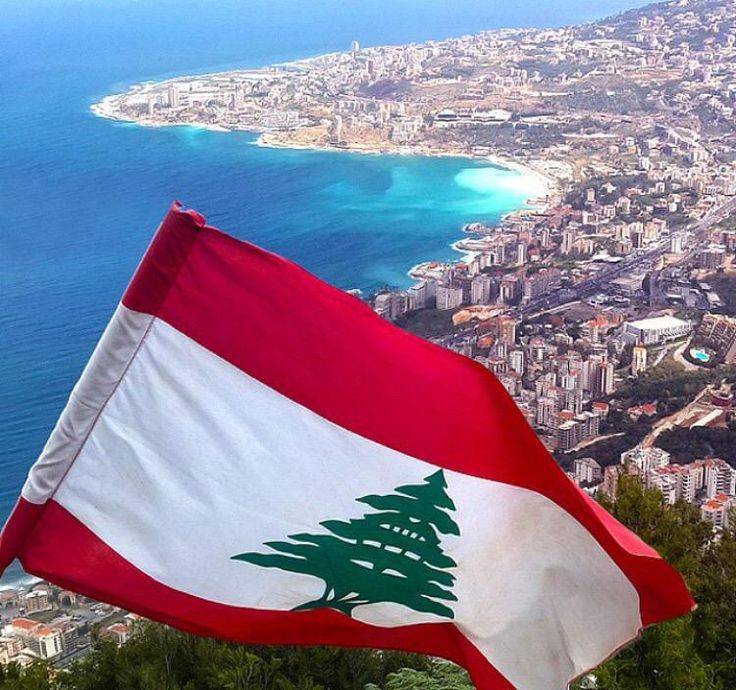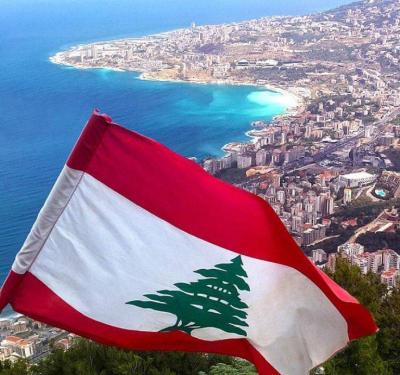As military confrontations intensify in the south and the scope of Israeli aggression expands, affecting parts of Nabatieh and the districts of Tyre and Zahrani, alongside incidents involving UNIFIL, discussions regarding the implementation of Resolution 1701 have gained significant attention in the halls of the Security Council and decision-making nations. Additionally, there is renewed talk about settling the disputes surrounding the 13 outstanding points not covered by the demarcation, as well as the Kfarshouba hills and the Shebaa Farms.
In this context, informed sources have indicated to Al-Anbaa electronic newspaper that a visit from American envoy Amos Hochstein to Lebanon is anticipated soon, likely in the second half of January. According to these sources, the significance of this visit lies in Hochstein's intention to obtain clear and specific answers from Hezbollah regarding its willingness to withdraw to the north of the Litani River. In contrast, Hezbollah demands international guarantees for a similar withdrawal by Israel behind the blue line, as it refuses to bear sole responsibility for violations of this resolution, emphasizing that Israel has openly violated Resolution 1701 since 2006. Consequently, Hezbollah rejects any withdrawal to the north of the Litani unless it is reciprocated by Israeli commitments for a similar withdrawal, which Israel categorically refuses, insisting on keeping the southern front active to serve the objectives of enemy Prime Minister Benjamin Netanyahu.
In the same vein, Member of the Development and Liberation bloc, MP Michel Moussa, mentioned in a statement to Al-Anbaa electronic newspaper that Resolution 1701 has not been implemented properly since its issuance due to Israeli violations in air and sea domains. He noted that there are efforts to implement this resolution, provided that Israel pledges to cease its hostilities along the Lebanese border, especially at disputed points, since its implementation requires good faith, making it impossible to discuss its application while Israel continues its violations.
Moussa stated, "There must be international pressure on Israel to adhere to the content of the resolution. Israel has accustomed us to violate international resolutions; a clear example is Resolution 425, which was enforced to defend Lebanon." Regarding Hochstein's potential visit to Lebanon at the beginning of the new year to discuss the resolution's implementation, Moussa suggested that Hochstein might work on this issue. "If he succeeds in demarcating the disputed points as well as the Kfarshouba hills and Shebaa Farms, that would be good, as Hochstein is somewhat concerned about the oil reserves. This communication brings us to talk about the issue of the presidency, although there is nothing tangible on this front while waiting for what the quintet committee might achieve."
Simultaneously, attention is turning to the initiative that President Nabih Berri may launch at the beginning of the new year. In this regard, Moussa reminded that President Berri had previously proposed a very important initiative that granted each party what it was asking for and set a seven-day deadline with open sessions. Unfortunately, some parties did not respond positively, and had it been accepted at the time, we would have concluded the presidential entitlement. Sadly, however, some rejected the initiative.
Regarding the details of President Berri's new initiative, Moussa explained that there is still nothing clear, and the president has not yet established a mechanism in this regard. However, it is certainly a pressing matter to reconstruct the executive authority to avoid a vacuum that would hinder addressing pressing issues, implementing reforms, and managing the Syrian displacement file. There should be an executive authority in place, and this matter is very urgent. The crucial aspect is how to translate this into expanding common ground, necessitating intensive communication to crystallize this initiative, aided by the positive steps that envoys may bring for a solution, urging political actors to agree on common denominators as was done in extending security apparatus leaders' terms.
While waiting for the efforts of the quintet committee and the anticipated return of international envoys to Lebanon, the file will remain pending for an indefinite period.




